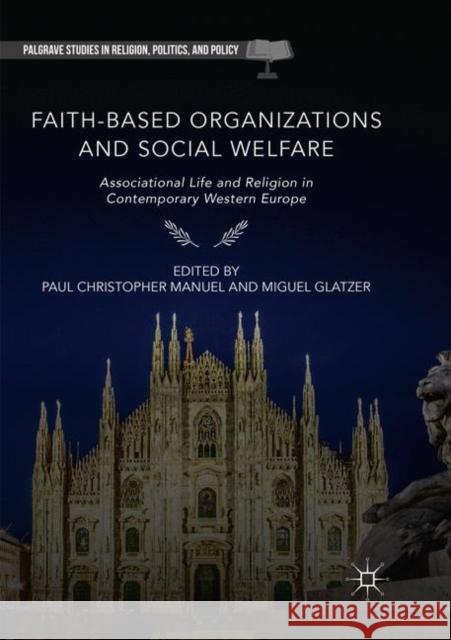Faith-Based Organizations and Social Welfare: Associational Life and Religion in Contemporary Western Europe » książka
topmenu
Faith-Based Organizations and Social Welfare: Associational Life and Religion in Contemporary Western Europe
ISBN-13: 9783030084226 / Angielski / Miękka / 2019 / 232 str.
Faith-Based Organizations and Social Welfare: Associational Life and Religion in Contemporary Western Europe
ISBN-13: 9783030084226 / Angielski / Miękka / 2019 / 232 str.
cena 319,35 zł
(netto: 304,14 VAT: 5%)
Najniższa cena z 30 dni: 319,35 zł
(netto: 304,14 VAT: 5%)
Najniższa cena z 30 dni: 319,35 zł
Termin realizacji zamówienia:
ok. 16-18 dni roboczych.
ok. 16-18 dni roboczych.
Darmowa dostawa!
Kategorie BISAC:
Wydawca:
Palgrave MacMillan
Seria wydawnicza:
Język:
Angielski
ISBN-13:
9783030084226
Rok wydania:
2019
Wydanie:
Softcover Repri
Numer serii:
000469859
Ilość stron:
232
Waga:
0.31 kg
Wymiary:
21.01 x 14.81 x 1.4
Oprawa:
Miękka
Wolumenów:
01
Dodatkowe informacje:
Wydanie ilustrowane











